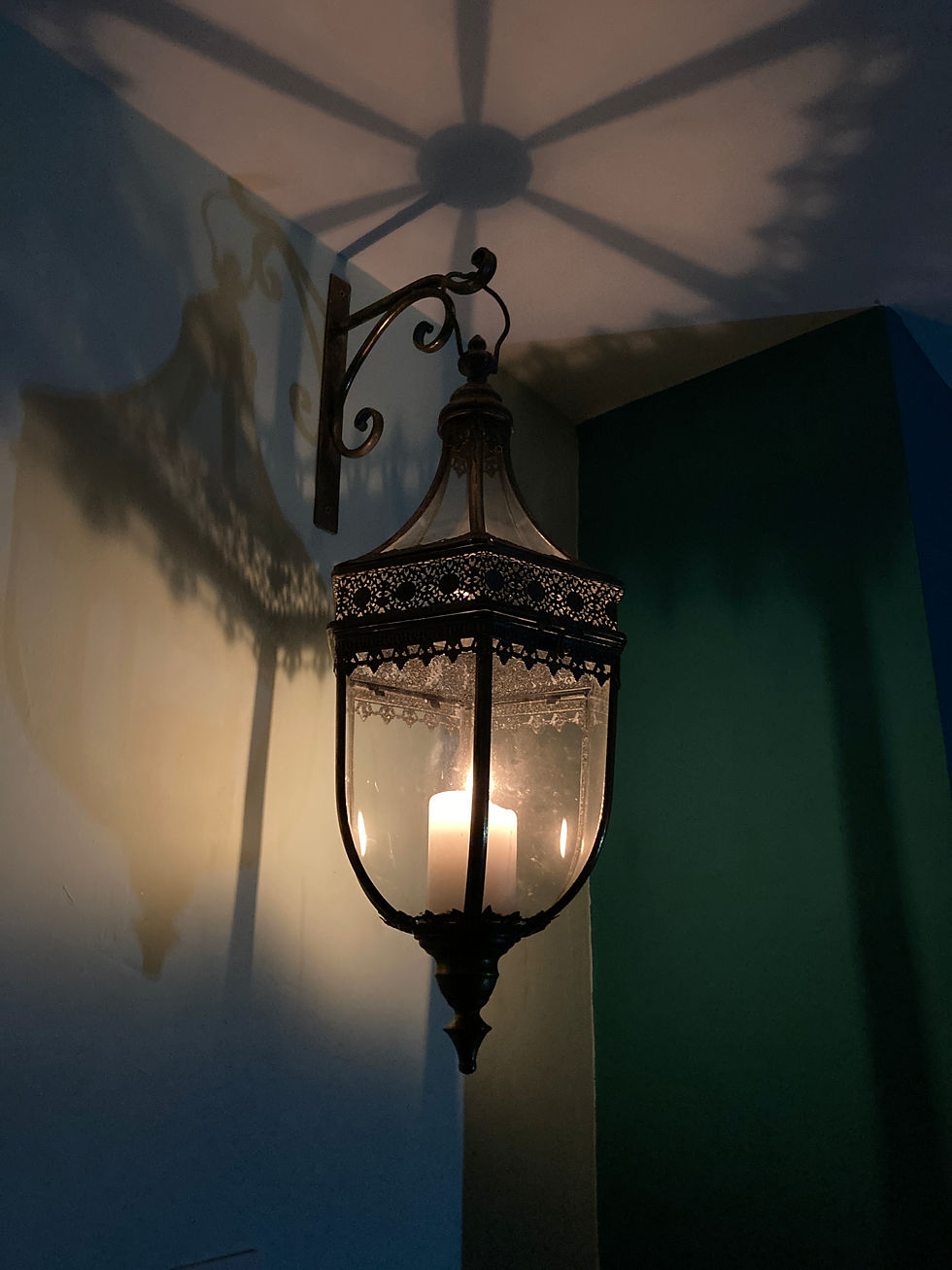The camera never lies?
- Chris Jackson

- Jan 11, 2021
- 3 min read
Videos have appeared on social media showing hospital corridors and waiting areas apparently empty, "proving" that the covid pandemic is not as serious as health officials and government ministers would have you believe.
These are then shared by those who have already made up their minds that there is a conspiracy afoot. As it proliferates it reinforces the idea that it "must" be true because it's all over the internet. Those who were only mildy sceptical also go on to unquestioningly share it and so the vortex of disinformation is spun even faster.
And this chain all began because the orginator failed the first journalistic test; to question what is being seen or said and to understand the context.
As a public service journalist who has spent his entire career seeking facts and then verifying the source this is immensely depressing, not least because diminishing trust in established media means people now give equal weight to a stranger's word as to a reliable fact-checked source.
The BBC has investgated the hospital footage and established the context as part of its Reality Check. It's worth a read.

Did the citizen-turned-journalist ask themselves why there were quiet areas of the hospital that they were able to walk into? Did he or she imagine for a moment they they are seeing the whole picture; that they would they be allowed to roam freely into a covid ward with their mobile phone?
In another situation I suspect the same individual would exercise more caution and be more questioning. If they wanted to buy a house, would they take the estate agent blurb at face value? (No offence to estate agents... but everyone understands their job is to present the glossiest rosy picture, they are sales people not journalists).
It's good to share...Isn't it?
Casually sharing such a video without any notion of the reliability, or otherwise, of the source is damaging to society’s proper understanding of what is going on around us. How many people see a headline and retweet or share it without reading the actual item in full? I notice Twitter now asks you if you want to read an item first before retweeting.
And before anyone shouts me down, yes, some journalists and some media outlets certainly give the profession a bad name. I remember a newspaper that used a photo showing a run down, trashed street to illustrate how awful one NE town was. I did a TV report in which we matched the shot then panned the camera round to reveal the actual context. It was in fact the last remnant of old housing that was being demolished and was surrounded by modern redeveloped housing. Out of its context or without proper explanation that one still image gave a totally misrepresentative view of the reality.
Does the camera never lie? I refer you to my earlier comment re estate agents' brochures. Even before Photoshop I would always question the images they use and ask: "So, what is just out of shot, what have they cropped out?” Equally, a wide-angle lens can make a tiny room seem vast. Only when you fact-check by visiting the property do you get a true picture.
Most publications or media have a public service ethos with a genuine principal of impartiality and integrity. Are they perfect? No. Do serious minded journalists make mistakes? Occasionally, but they own up and put up corrections.
If you are sceptical about mainstream media, then be just as sceptical of social media.
I love the fact that people are sceptical, and want to challenge those that govern. That's healthy in a democracy, but that privilege comes with a responsibility to face the facts....literally. Tell the whole truth and nothing but the truth, even if it disproves any preconceived notion you may have had at the outset. To those who genuinely have concerns about Covid-19.... Assume nothing in advance, seek out the evidence, substantiated facts not flimsy unverified material. If you are sceptical about mainstream media, then be just as sceptical of social media. Ask yourself what do you know about the person who posted or shared it and what were their motives?
We seem to have lost the art of the debate, being open to an opposing view, respecting it, listening to it, weighing up its merits and then making up your mind. Simply seeking out other's views that support your own and then trumpeting them out to others is a disservice to your own intelligence and powers of reason.
Discuss (without offensive language, insults, shouting, capitalisations and use more than 280 characters to make a coherent argument)









Commentaires